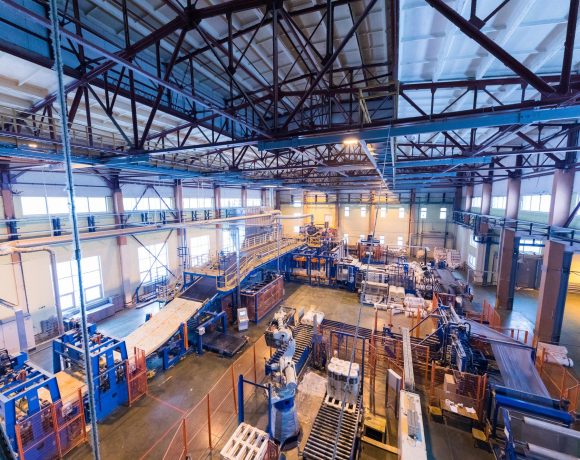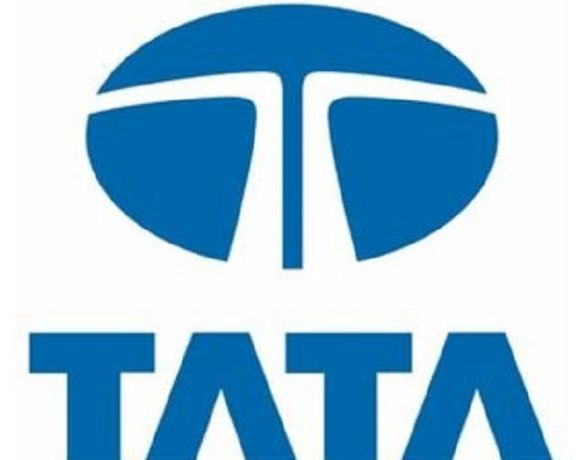
Tata Expands iPhone Manufacturing Role as India Exports Surge
India’s status as a global iPhone production hub is accelerating, with Tata Electronics rapidly gaining ground in Apple’s supply chain. Amid ongoing U.S.–China trade tensions and heavy tariffs on Chinese-made electronics, India has emerged as a strategic manufacturing alternative, and Tata is now central to that transformation.
In the first five months of 2025, Tata Electronics shipped around 7.5 million iPhones, accounting for nearly 37% of India’s total iPhone exports. This marks a sharp increase from just 13% during the same period last year. The rise is attributed to Tata’s acquisition of Wistron’s manufacturing facility and the scaling up of its state-of-the-art Hosur campus, which focuses on precision engineering and local component sourcing.
Tata iPhone
Tata’s deeper involvement in Apple’s supply network is not limited to assembly. The company has now taken over high-complexity repair services previously managed by Wistron at its Karnataka plant. These repairs include motherboard-level diagnostics, ensuring faster turnaround and reduced cost of warranty claims. Tata is also expected to handle Apple-certified refurbished units in India in the near future, further solidifying its role as a comprehensive service partner.
India Export
India exported over 20.4 million iPhones between January and May 2025, reflecting a 57% year-on-year increase. Nearly 77% of these units were shipped to the United States, a number that rose to 89% in May alone. This sharp uptick is primarily driven by Apple’s efforts to sidestep U.S. tariffs on Chinese-origin devices by shifting more of its manufacturing base to India.
Foxconn remains the leading iPhone assembler in India with a share between 52% and 65%, but Tata’s fast-paced growth indicates a reshaping of the production landscape. With new factory investments, skilled labor, and favorable policy support, India is quickly becoming indispensable to Apple’s global distribution strategy.
Apple Supplier
Government-backed incentives such as the Production Linked Incentive (PLI) scheme and infrastructure investments across Tamil Nadu and Karnataka have created a fertile ground for rapid electronics manufacturing expansion. Apple’s long-term plan is to have the majority of U.S.-bound iPhones assembled in India by the end of 2026, with Tata poised to play an increasingly pivotal role.
This strategic realignment reflects not just Apple’s supply chain diversification but also India’s ascent as a credible alternative to China in high-tech manufacturing. Tata’s expanding influence highlights the country’s readiness to meet the demands of global electronics markets while moving up the value chain in precision assembly and services.


















